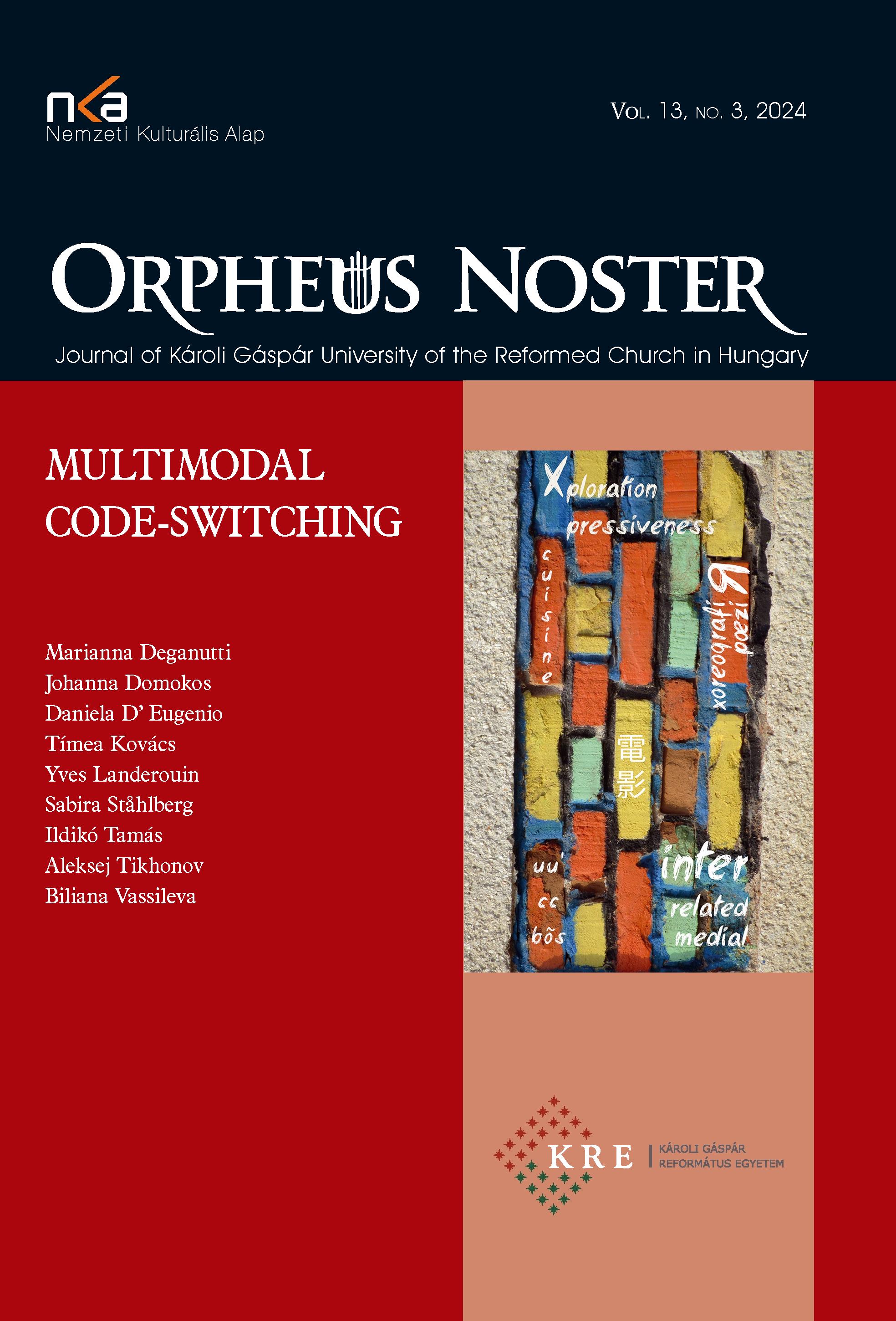From Il disprezzo to Le Mépris. Multilingualism and Code-switching in Jean-Luc Godard’s Film
From Il disprezzo to Le Mépris. Multilingualism and Code-switching in Jean-Luc Godard’s Film
Author(s): Yves LanderouinSubject(s): Film / Cinema / Cinematography
Published by: Károli Gáspár Református Egyetem
Keywords: intermediality; film adaptation; multilingualism; J.L. Godard
Summary/Abstract: Among the studies focused on Le Mépris, multilingualism and code-switching have not drawn enough attention. This article brings answers to the following questions: what major part do these two features of the film play in the meaning-making? What political and cultural values or ideas does Godard’s film convey through them? And what light do they cast on the novel adapted here? Multilingualism and code-switching play a major part in representing human relationships, as they bear witness here of a Babelian collapse that occurs after the opening scene and affects every protagonist. Each of the four languages spoken conveys some specific ideas often associated with it, so that the film sketches a kind of cultural map of the early 1960’s world. But meanwhile, the way they are used questions some of those associations. Besides, by making a multilingual film from a monolingual text, Godard casts a fresh light on Moravia’s novel Il disprezzo. He underlines some of the characters’ features, the misunderstanding between them, and draws a mixed picture of the “movie world”. Finally, he uses languages in his own inventive and playful way, which mitigates the Babelian darkness of his film.
Journal: Orpheus Noster. A KRE Eszme-, Kultúr-, és Vallástörténeti Folyóirata
- Issue Year: XVI/2024
- Issue No: 3
- Page Range: 44-57
- Page Count: 14
- Language: English

